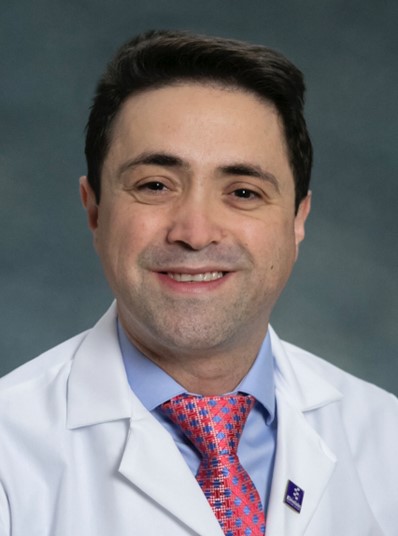Navigating the Post-Fellowship Career Search
Navigating the complicated universe of post-fellowship careers can be a daunting task full of unanswered questions and unmarked paths that need to be explored.
Many US and international medical graduates do not receive dedicated education when it comes to choosing the best post-training jobs. As trainees, we are trained to diagnose diseases, performs tests and procedures, and manage and treat patients. And while we do excel in these aspects, many feel overwhelmed and unprepared to make major decisions when it comes to navigating the early career stage. It is no surprise that for over 90% of graduates, their first job is frequently not a long-term fit!
To start, most job hunting and interviews take place while still in fellowship. For example, I started interviewing for interventional cardiology jobs and even received an offer when I was a 3rd year general fellow – that’s before I had even started my interventional fellowship! It can be very difficult to know the right questions to ask and to recognize how suitable, or unsuitable, a position is when you haven't even started your subspecialty training. In a case like this, consulting with attending physicians, speaking to peers and being well prepared is key.
But you might wonder, why even start that early? Well, the answer to that lies beneath the surface.
When considering a post-fellowship career path, you have to ask yourself two fundamental questions:
- What are my short-term career goals?
- What are my long-term career goals?
One of the most important short-term career goals for international trainees in the US is securing immigration status. According to ABIM data over a 10-year period, roughly 50% of 1st year fellows are international medical graduates.
If you’re not a US citizen, training on J1 or H1 visa, you will almost have no choice but to focus your short-term goal on choosing a job related to this. This is the most important limiting step at this stage.
J1 candidates need to have some awareness of the different waiver programs and options available in the US, like the Conrad 30 waiver program, which allocates every US state and territory 30 positions per year. Also, each state has their own rules on applications and decision making; some provide these positions as “first come, first serve” while other give priorities to certain specialties. For first-come-first-serve states, having a signed contract and being prepared to file on October 1st (first day of the federal fiscal year) will improve your chance of securing a spot tremendously. Other states collect all applications up until certain deadline and then accept 30 applications, releasing decision around March or April. This leaves almost no time to find an alternative position if you don’t get the spot, so candidates might find themselves with a signed contract yet unable to work.
Consulting with a lawyer is one option available to trainees navigating this situation. Though this could prove expensive, some legal firms provide initial consultation services for affordable prices around $200. This one-time consultation meeting can help you form a strategy. For a fellow on a limited income, there are other less expensive ways, like following prominent immigration firms via email and social media and attending educational immigration events that are usually free of charge. The USCIS website is also a great resource.
If you are on an H1 visa, choosing the right employer is also important. The US provides a cap of 66,000 H1 visas per year and that includes other sectors like IT. Working for non-for-profit organizations or university settings exempt the applicant from the H1 cap requirement and make the immigration process smoother and more guaranteed.
By the time you complete your cardiology fellowship, you will have invested at least 14 years of your life! It is very important to put this precious gem in the right hands to glow and shine.
This article was written by Mohammad Al Madani MD, FACC, an interventional cardiologist at Einstein Medical Center, Philadelphia and clinical assistant professor of medicine at Thomas Jefferson University.
This content was developed independently from the content developed for ACC.org. This content was not reviewed by the American College of Cardiology (ACC) for medical accuracy and the content is provided on an "as is" basis. Inclusion on ACC.org does not constitute a guarantee or endorsement by the ACC and ACC makes no warranty that the content is accurate, complete or error-free. The content is not a substitute for personalized medical advice and is not intended to be used as the sole basis for making individualized medical or health-related decisions. Statements or opinions expressed in this content reflect the views of the authors and do not reflect the official policy of ACC.
